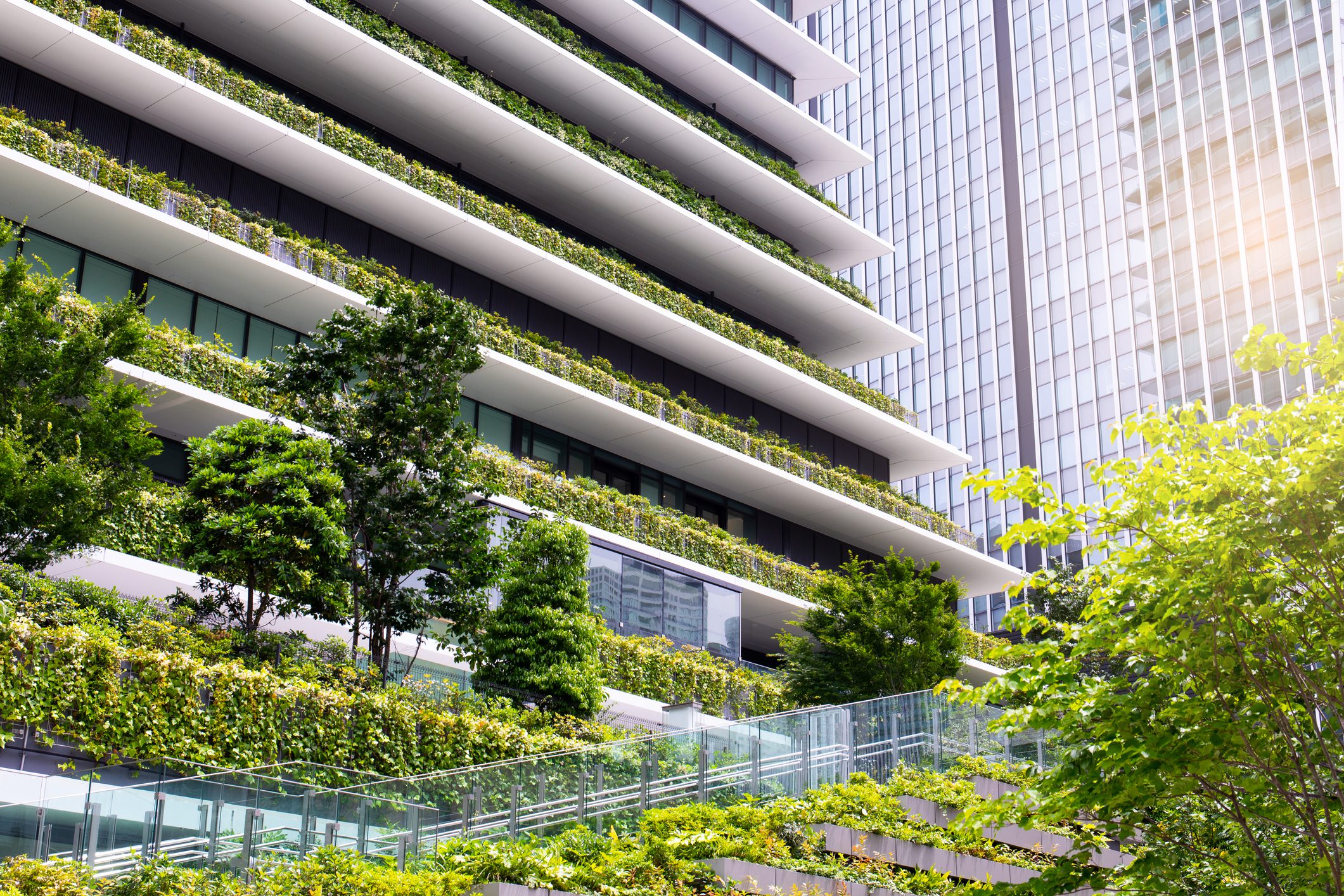Award Magazine, June 2023, By Natalie Bruckner
Passive House, living building challenge, sustainable and regenerative buildings… these are more than just buzzwords and terms bandied around in board rooms. Today, they demonstrate the many areas being explored to achieve not just net zero energy buildings but net positive buildings. The world of sustainable design is one of the fastest-growing movements in the industry, and thanks to innovations, new research and data, and regulatory changes, leaders in the field are staying one step ahead and helping build a far brighter future. Take, for example, the B.C. Building Code that, in May of this year, implemented substantive changes that will impact the future of sustainable design. The new changes meant that after May, most new construction submitting for building permit in B.C. had to be 20 percent more energy efficient than base 2018 B.C. Building Code. The opt-in Zero Carbon Step Code also became available for local governments to reference, starting May 1.
A NEW WAY OF THINKING
The team at Williams Engineering agrees with Glotman Simpson’s sentiments and says the decarbonization of buildings continues to trend up. “We’re finding it’s included now in both new build and renovations. The Reframed Initiative that we spoke about last year with Award is a perfect example of where the industry is going. It’s now wrapping up and is transforming how the industry looks at retrofits. Not just the decarbonisation of existing buildings, but also how to eliminate climate pollution and energy waste,” says Liv Ehlert, team lead, building performance and sustainability. The initiative Ehlert is referring to is a partnership between the B.C. Non-Profit Housing Association, the City of Vancouver, Metro Vancouver Housing Corporation, and the Pembina Institute. It commissioned deep retrofit designs for six multi-unit residential buildings in B.C.’s Lower Mainland, Capital Regional District, and Southern Interior.
The results show that the design schemes are set to cut 400 annual tonnes carbon emissions while minimizing embodied carbon inputs and making the buildings safer, healthier, and better prepared for the coming impacts of climate change. One topic that is really taking hold this year, and one that Ehlert is excited about, is regenerative design – buildings that have a net-positive impact on the natural environment. “It moves past sustainable design. It looks at bigger system thinking and contributes to a positive change rather than keeping the status quo. The work we did on Crown Manor in New Westminster for the Reframed Initiative very much looked at regenerative design. I think it’s a term you will see being used more and more. What works today might not work tomorrow, and this kind of thinking will help us stay ahead of the game.”
Read the full article in Award Magazine – Award-June2023-A Game Changer For The Environment
